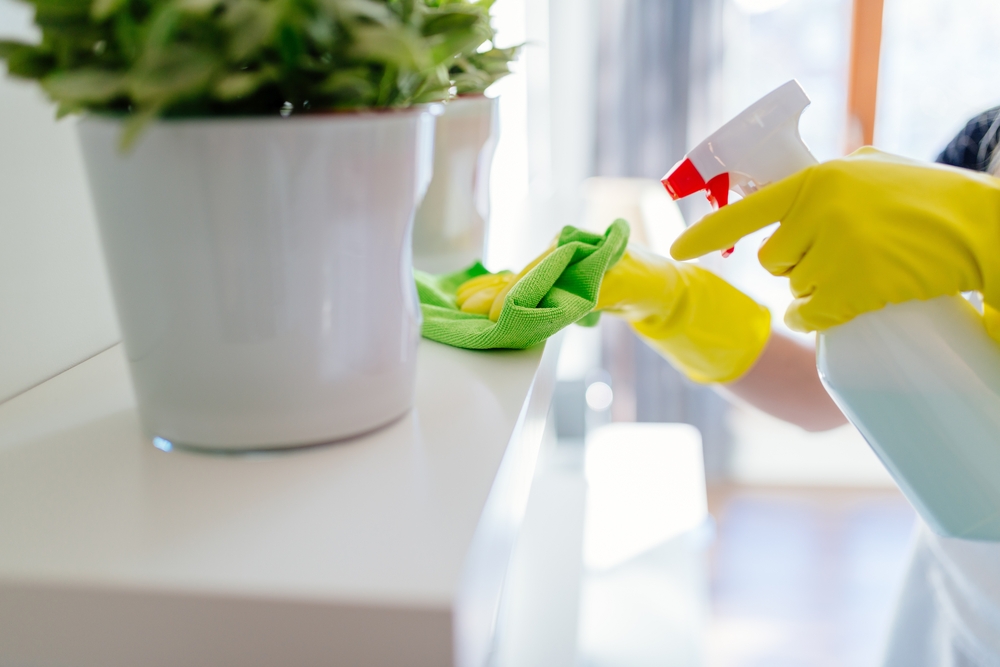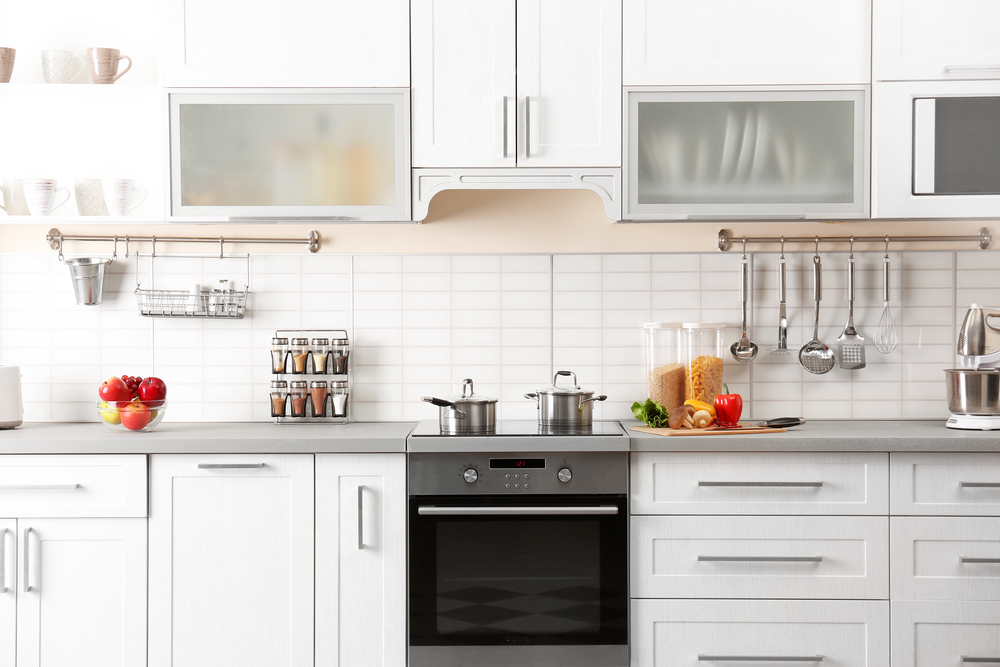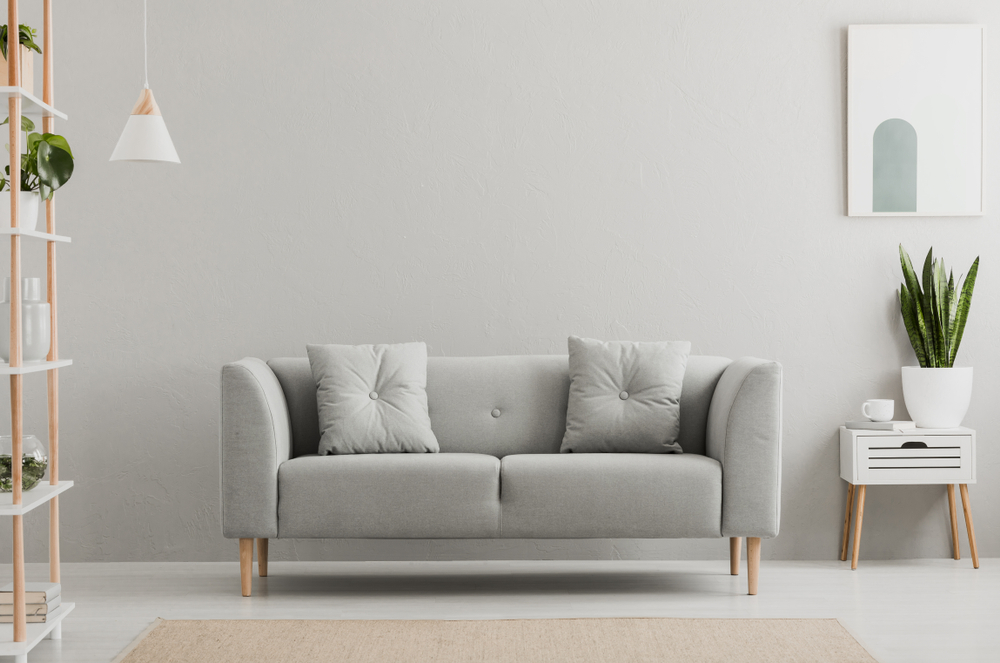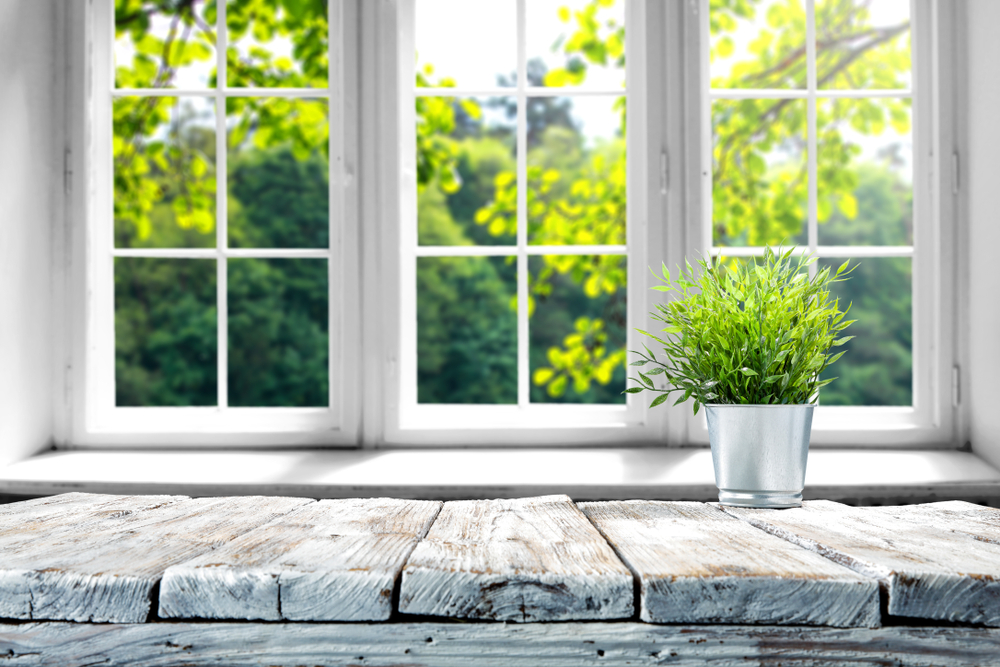End of Tenancy Cleaning Best Practices
So it’s time to move out. A new place means new layouts, furnishings, and decor; how exciting! Before you can enjoy moving to your new home, first, you must tackle the task of cleaning absolutely everything in your soon-to-be old home. But where do you start?
Should I hire a professional cleaning service?
This will likely be your first consideration. Do you pay professionals to clean, or do you do it yourself?
Hiring a professional cleaning service does mean that someone will take the potentially monumental task of cleaning your home off your hands, but of course this can come with a pretty big price tag. This means less cash at hand when you move into your new place.
It’s also not always easy finding a reputable company. The most important thing you want to keep in mind when hiring professional cleaners is that you want someone who will get the job done properly, since you’ve paid for the service and your deposit is also at stake. If you’re very short on time, and your home doesn’t have any major cleaning projects, then you might opt for a professional cleaning service.
Should I clean the property myself?

On the other hand, cleaning your home yourself ensures you know exactly how clean everything is, and it won’t cost you much more than the cleaning supplies, leaving you with more money in your pocket for future furnishings or decor. The biggest drawback to cleaning your home yourself is of course the time it takes.
Although it might seem daunting, there are a few things you can do that will make the process a bit less painful, the most important of which are reading your tenancy agreement and starting early. Your tenancy agreement should tell you exactly what condition the landlord expects to find his or her home upon your exit.
When it comes time to finally start the process, the earlier the better. Now, you don’t want to dust your house a month before you leave because it will of course just need another dusting, but you also don’t want to leave carpet stain removal on the morning of move-out day.
About two weeks before your move out date make a list of what exactly needs to be done, and the most logical order for it to be done. Clearing out some of your stuff into boxes, and getting rid of unwanted items should come first, while any dusting, wiping, polishing and hoovering can be saved for last when you’ve gotten everything out of the way.
Take into consideration not just cleaning, but possible repairs as well. If there are scratches, dents, marks, stains or anything that needs to be fixed, leave a good amount of time to deal with these.
Breaking it down
Cleaning the kitchen

This might be one of the more challenging rooms to clean, if only because we store so many things in the kitchen! Make sure you empty your cupboards and clear your shelves. If this is one of the first rooms you’re tackling, don’t leave yourself an empty fridge and no food in the pantry for two weeks! At the same time, you’re unlikely to use everything that’s in your kitchen, so clear as much as you can live without to make room for cleaning.
Wipe all surfaces, move appliances over and clean all around and behind them. Clean the actual appliances as well, which includes the surface and inside the washing machine, dishwasher, fridge, oven, and extractor fan. When it comes time to fully empty your fridge, you should turn the appliance off at the wall and make sure to leave the doors open so mould is less likely to form.
The oven is a particularly difficult appliance to clean, and it is usually the first item checked during end of tenancy kitchen inspections. If your oven looks particularly bad, either set aside more time than you think to clean it thoroughly, or this might be the one area you hire professional cleaners to do for you. Some offer specific cleaning services for things like ovens, carpets and gardens.
Cleaning the living room

Carpets
These need to be thoroughly hoovered, and try your best to remove any stains. If you’re not having much luck, you can rent an industrial-strength hoover, use more serious cleaners, get a steam cleaner, or give in and hire professional carpet cleaners.
Furniture
If your home can be furnished, make sure all of these pieces of furniture are dusted and polished, and try to remedy possible dents or scratches with wood filler. Sofas or arm chairs should be hoovered and the upholstery should not have a bad odour, which is likely to happen if you smoke or if the fabric is close to smells in the kitchen. Some baking soda and your hoover should do the trick, or a handheld steamer.
Bathroom
Absolutely everything needs a very good wipe-down and probably a decent scrubbing: bath, shower, shower head, toilet, floors, tiled walls and sink. If there are any stains, whip out the protective mask, gloves and maybe even some goggles and use bleach to remove them. For metal surfaces that are a bit mouldy or speckled with limescale, there are a variety of cleaning products available out there but even particularly stubborn limescale can usually be broken down with white vinegar and lemon juice. Last but not least, check the drains. Pour some drain cleaner down there to make sure they’re not blocked up.
Windows and Walls

Wipe down all windows from the inside, and the outside if you can reach. If you live in a flat or the window doesn’t open enough to let you reach the outside, you may need to get a window cleaner. This might already be covered by your landlord or agent, especially if you live in a bigger apartment block so double check before booking one in. If your windows came with curtains, chuck them in the washing machine (if they are washable) or take them to a dry cleaner.
Walls should be spot-cleaned where there are dirty marks, scuffs, or mould. For larger areas that have seen better days, you may need to just paint over the marks (but don’t paint over areas with mould, let your landlord know about these). Ideally, the landlord would have either told you what kind of paint colour has been used or even left you a can of it for touch-ups. Paint might seem expensive if you end up needing to purchase it, but the bill to fix it might be a bit bigger. Before you paint, be sure to fill in any nail holes.
Garden

Don’t forget about the outside! If the garden is listed as your responsibility in the tenancy agreement, make sure it is cleared and tidy. If you’ve been storing any of your belongings in the garden shed, you’ll need to get these out or risk getting charged for their disposal. The grass may also need to be weeded and mown, and the patio should be cleared and washed if it’s looking a bit dirty.
Final check
You can use your own inspection checklist or find one online to make sure you haven’t missed out on any important areas in your home. If you need references for a future property, you don’t want your landlord including comments on your lack of cleanliness in their reference. Take your time in checking so you can avoid any disagreements with your landlord and get your deposit back in full.